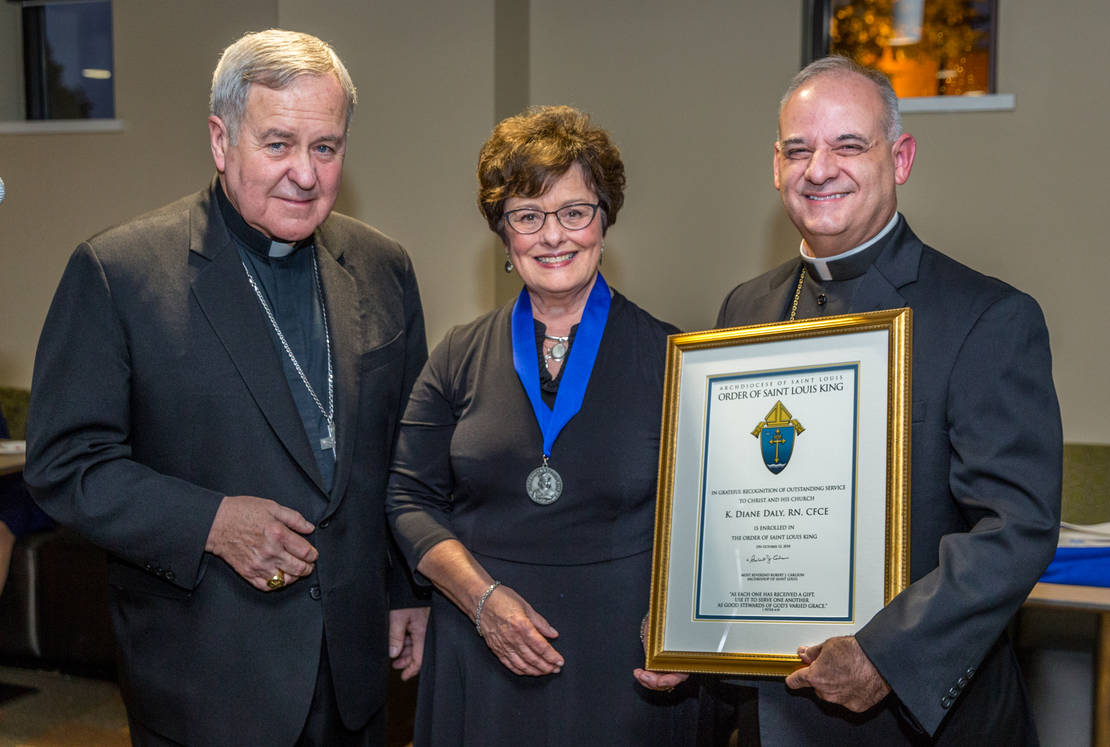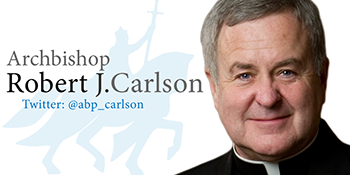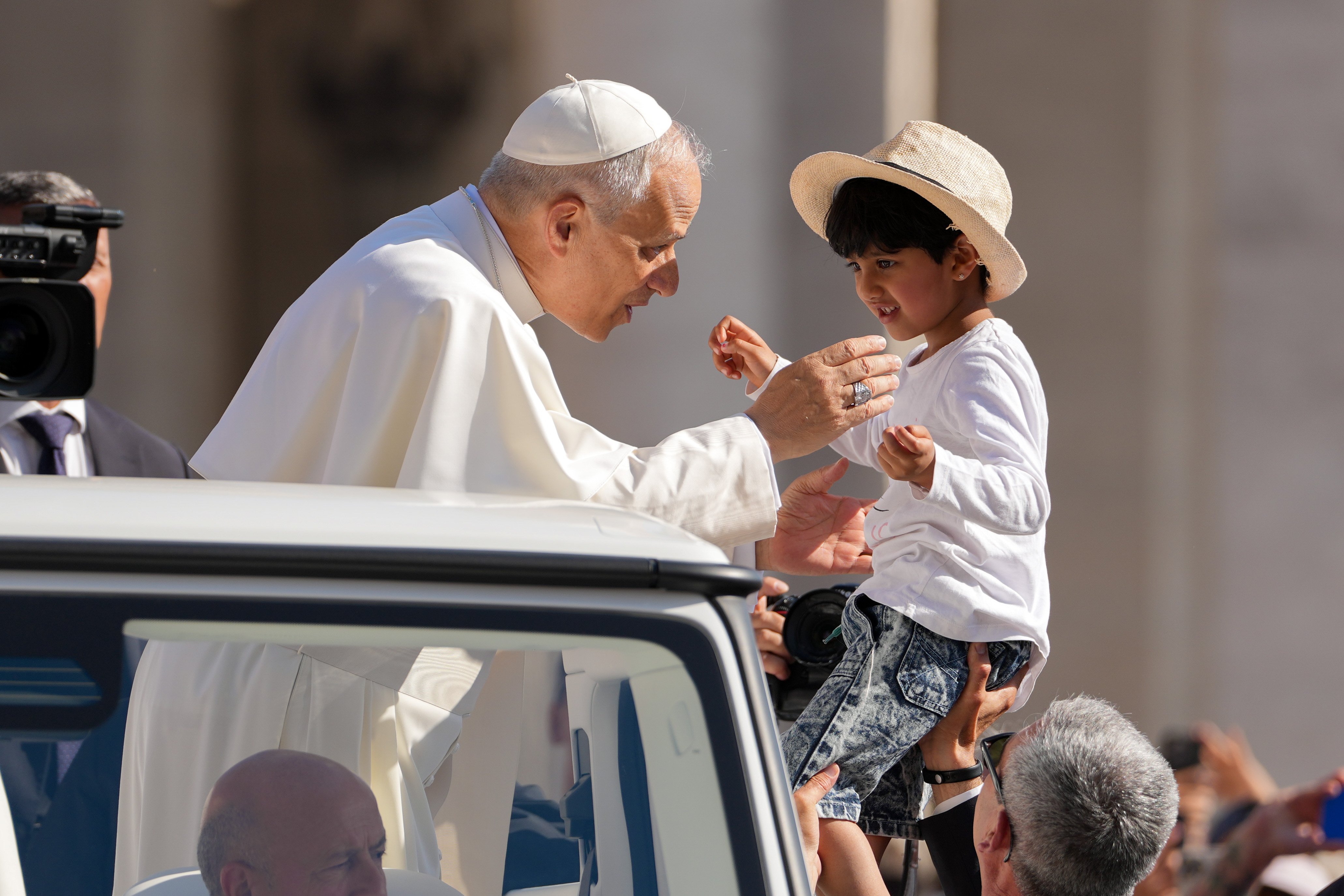BEFORE THE CROSS | True freedom is marked by the fruits of the Spirit

When characterized by works of the flesh, we are really enslaved by our passions

Last week, we finished reading St. Paul’s letter to the Galatians. Near the end, we hear Paul’s ringing exhortation: “For freedom Christ set us free; so stand firm and do not submit again to the yoke of slavery.”
It’s worth asking how Paul understood freedom. Modern Americans tend to measure it by who’s doing the choosing: If we get to choose, we’re free; if someone else gets to choose, we’re not free. Paul offers us a different standard: the works of the flesh and the fruit of the Spirit.
The works of the flesh, he writes, include hatreds, rivalry, jealousy, outbursts of fury, acts of selfishness, dissensions, factions, occasions of envy, drinking bouts, orgies and the like. If our choices are characterized by those, in Paul’s thinking, we aren’t free — no matter how much power we may have to get our own way. We may have the illusion of freedom, because we’re doing the choosing. But the deeper truth is we’re enslaved by our passions.
By contrast, he says, the fruit of the Spirit is love, joy, peace, patience, kindness, generosity, faithfulness, gentleness, self-control. When our choices are characterized by these we’re living in the freedom of Christ. We become a sign, for others, of what genuine freedom looks like.
We celebrated a whole series of saints last week who measured their freedom by the works of the flesh and the fruit of the Spirit: St. Teresa of Avila, St. Margaret Mary Alacoque, St. Ignatius of Antioch, St. Luke the Evangelist, the North American Martyrs, and St. Paul of the Cross. This is why the North American martyrs, for example, were truly free. Even in their captivity, they showed the fruit of the Spirit. Their captors and killers — the ones in control — were the ones enslaved by the works of the flesh.
The question of freedom also touches on another point. Jesus upbraids the Jewish leaders, and there’s an important detail we shouldn’t miss. He tells the scholars of the law: “You impose on people burdens hard to carry, but you yourselves do not lift one finger to touch them.”
Notice: Jesus didn’t criticize them about the burdens themselves. It’s not genuine leadership to pretend to dissolve those burdens by saying: “Oh, never mind what the Gospel says about this, or what the Church says about that. Don’t let that burden you.” There are burdens to be carried if we’re going to be faithful to God. That was true in the Old Testament; it’s true in the New Testament; it’s true today.
Instead, Jesus criticizes them for not helping to carry the burden. The proper attitude for the leaders is: “Yes, that’s heavy. How can I help you carry it?”
We can help physically, shouldering some of the load ourselves. We can also help spiritually, with a word of encouragement or a word of sympathy. It was in this vein that CS Lewis once said: “When pain is to be borne, a little courage helps more than much knowledge, a little human sympathy more than much courage, and the least tincture of the love of God more than all.”
America desperately needs a new measure of freedom. St. Paul gives us that measure. Let’s show people a display of the freedom of a Christian.
Last week, we finished reading St. Paul’s letter to the Galatians. Near the end, we hear Paul’s ringing exhortation: “For freedom Christ set us free; so stand firm and do … BEFORE THE CROSS | True freedom is marked by the fruits of the Spirit
Subscribe to Read All St. Louis Review Stories
All readers receive 5 stories to read free per month. After that, readers will need to be logged in.
If you are currently receive the St. Louis Review at your home or office, please send your name and address (and subscriber id if you know it) to subscriptions@stlouisreview.com to get your login information.
If you are not currently a subscriber to the St. Louis Review, please contact subscriptions@stlouisreview.com for information on how to subscribe.



